Beautiful, spectacular, incredible, breathtaking. English adjectives will always fail to adequately describe the natural scenes that are awaiting travellers in Coron.
This small archipelago is found hidden away between Palawan and Luzon in the Philippines, and although for years this tropical realm had remained a well guarded secret, Coron is now fast becoming known to the world, because, quite simply, it is like nowhere else.
There are freshwater lagoons, towering limestone karsts, sunken shipwrecks that have been taken over by colourful marine life and remote islands where there is nothing but pure white sand and swaying palm trees.
There are many reasons to visit Coron, but here are eight of the best:
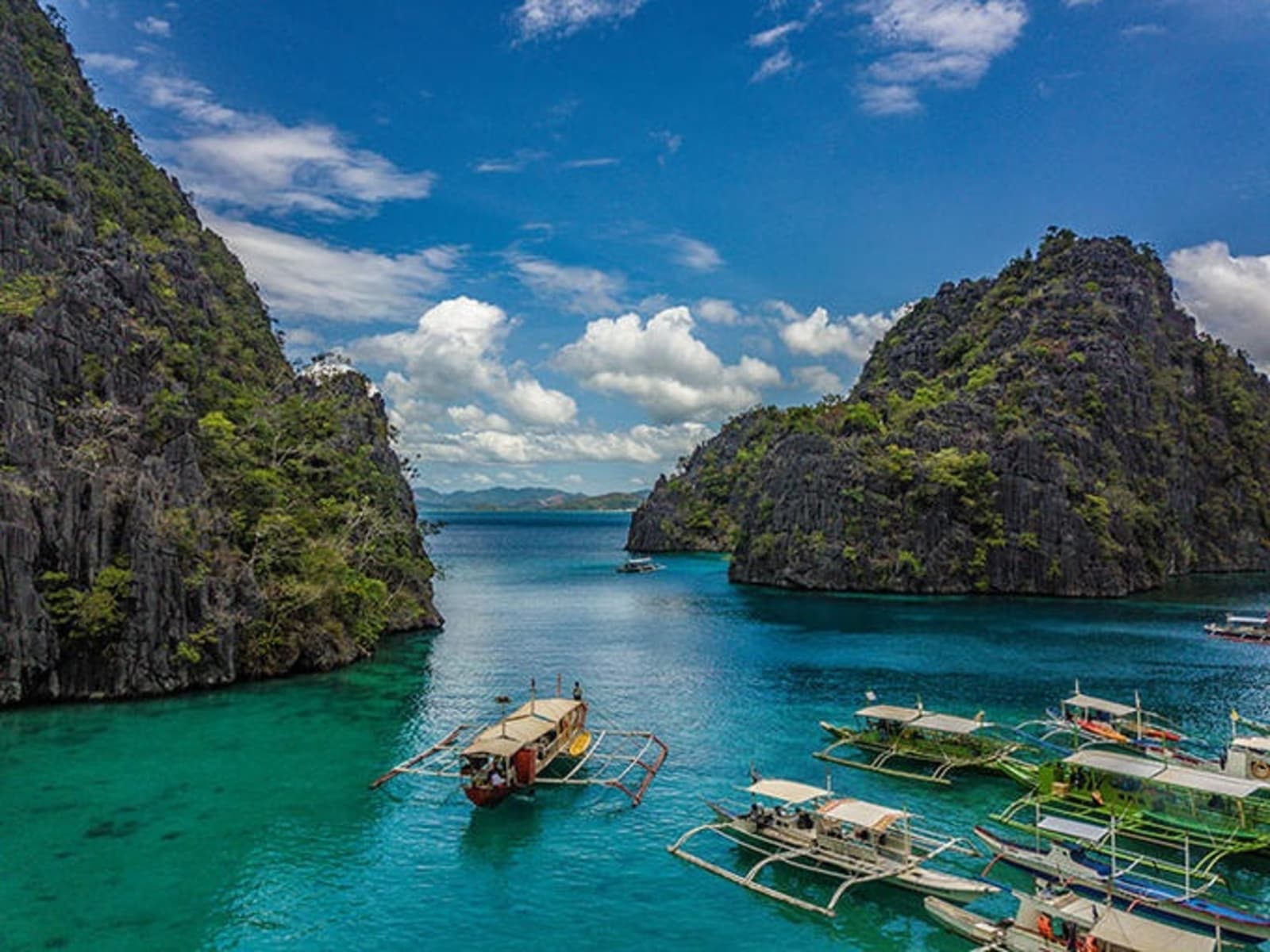


The Lakes
Coron’s most famous natural attraction is the spectacular Kayangan Lake. This huge freshwater lakes lies hidden away on Coron Island, surrounded on all sides by the signature limestone karsts that make up the local landscape. Although from afar the high, jagged cliffs look impenetrable, a steep path leads upwards and over. When you reach the top of the cliff, turn around before walking down to the lake. The view over Coron Bay is the most magnificent scene in all of Coron, with cliffs and boats arrayed between stretches of turquoise water. Kayangan Lake itself is clear, cold and refreshing, surrounded by a rustic wooden walkway built into the rocks. It’s the most well known lake out there, but there are many more hidden amongst the cliffs too.
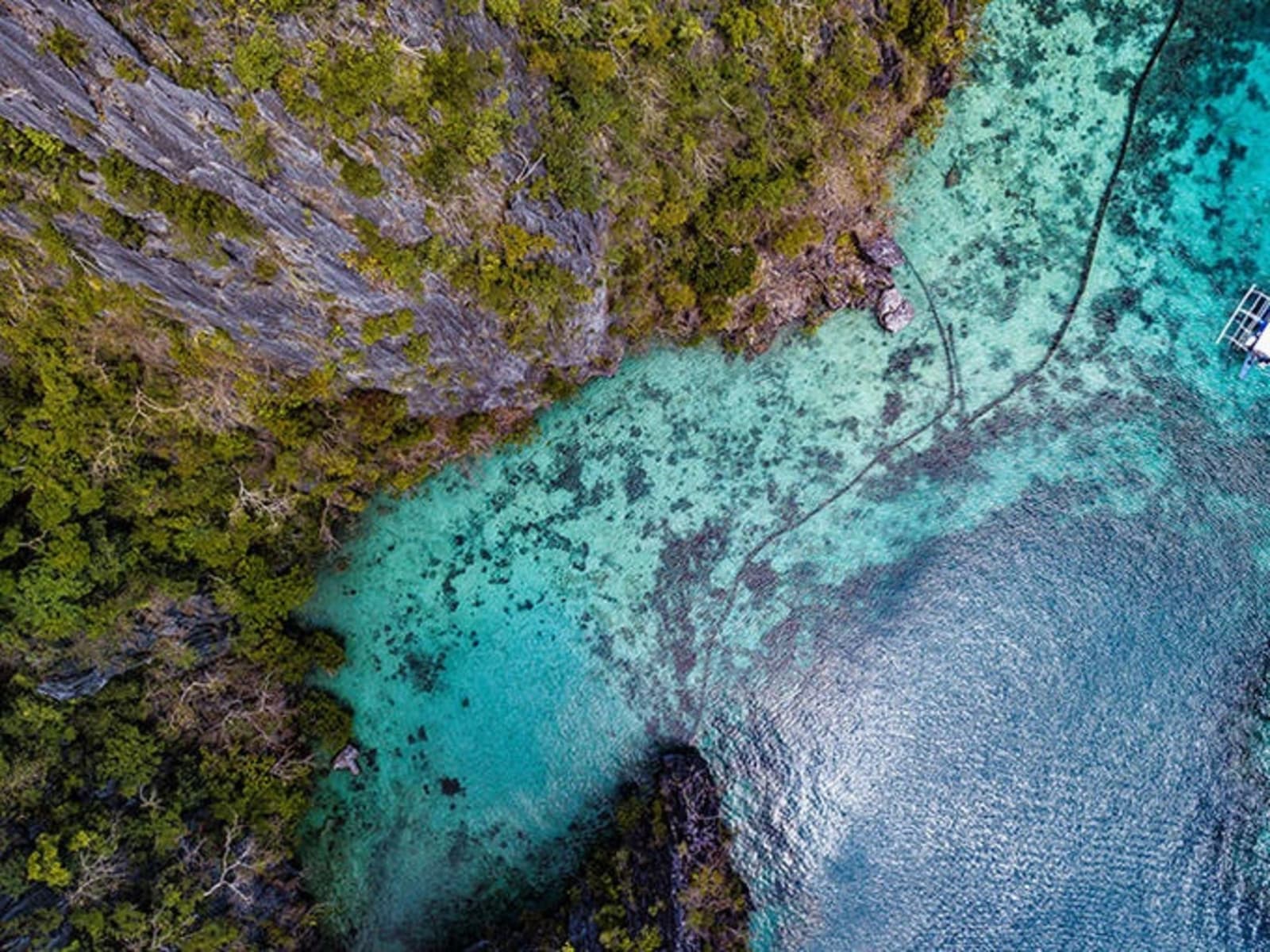


The Lagoons
The high cliffs of Coron and the rocky coastline form many natural lagoons, which like the lakes are hidden away from the unobservant eye. The most enthralling sight of them all are The Twin Lagoons, where fresh water from the island meets with salt water from the sea to create a strangely ephemeral feeling when you jump in. There are two lagoons on either side of a giant limestone divide, only accessible through a maze of channels and rock. If you dare, a narrow underwater cavern connects the two lagoons; take a deep breath and you can swim from one side to the either.
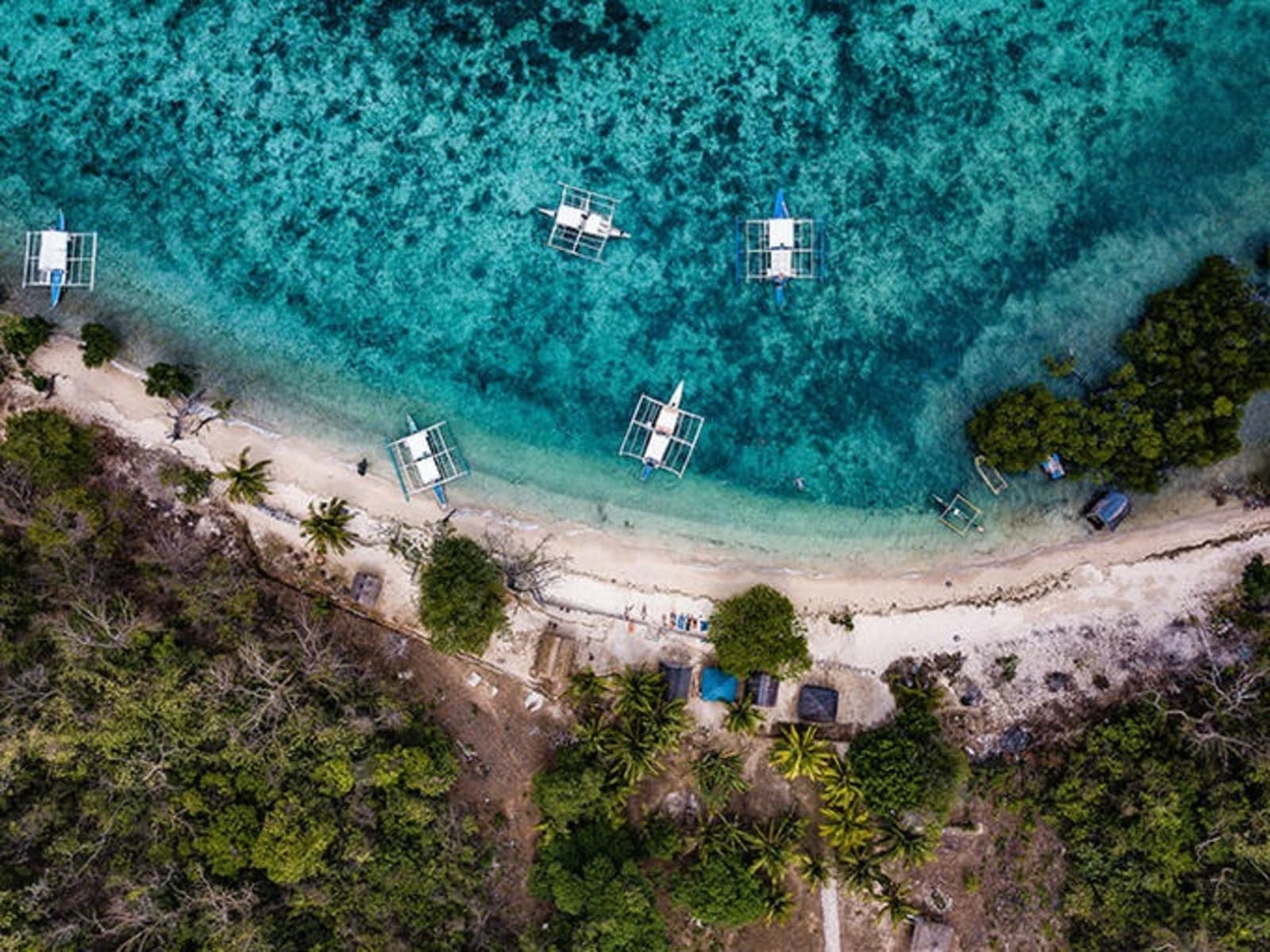


The Beaches
When you arrive in Coron Town, the tourist hub in the region, found on the large island of Busuanga, you will soon discover that there are in fact no beaches near the hotels. Don’t worry though, because although the beaches are all a boat ride away, their relative isolation means they are pristine. Many of the islands in the chain have beautiful white sand that’s soft underfoot. On island hopping trips you will find that the local guides will barbecue up a delicious lunch of fresh fish and rice on the beach while you relax on the shore or jump into the water to cool down. Some of the beaches even have rustic beach bars where you can buy cold drinks!
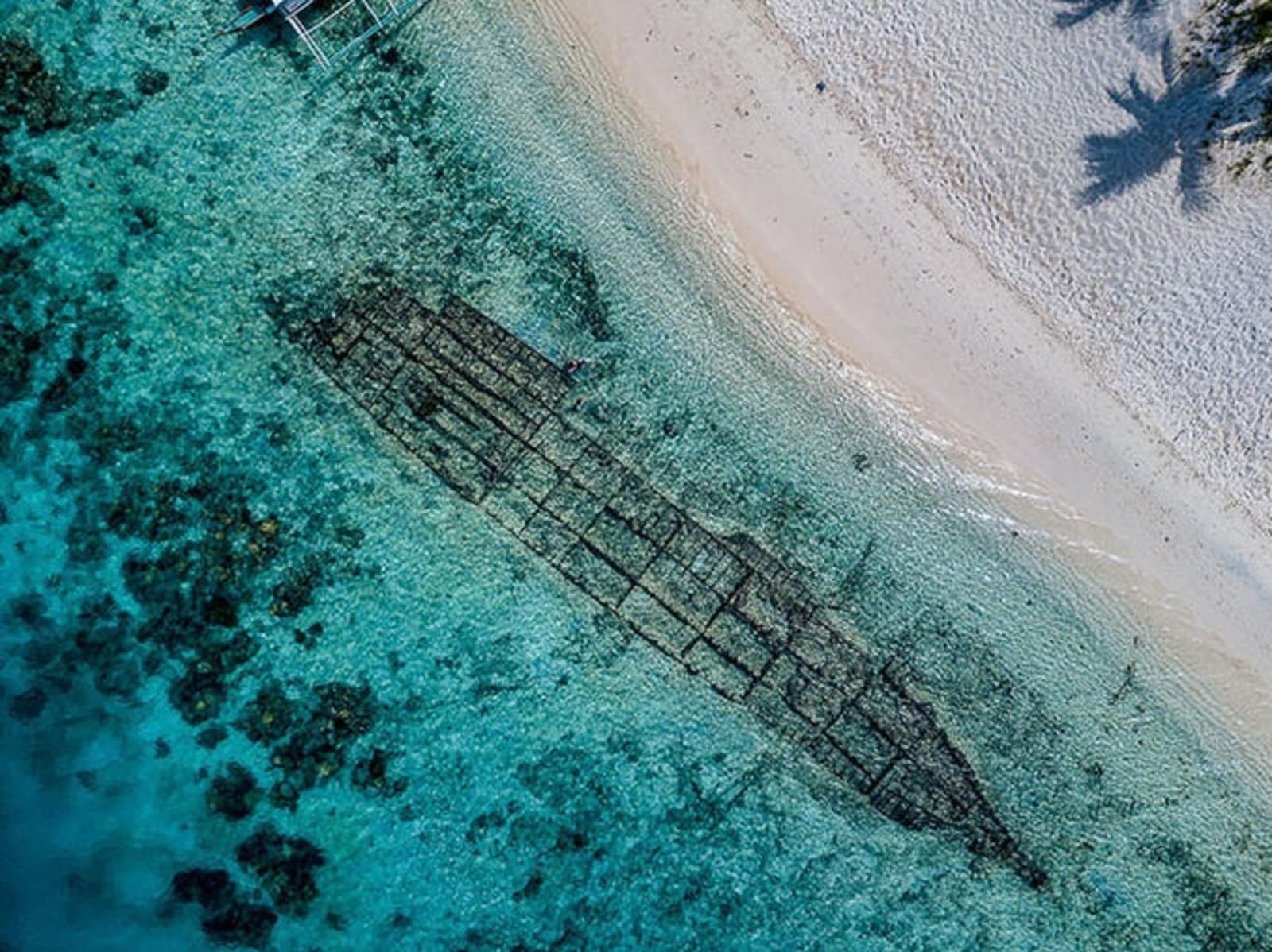


The Shipwrecks
Coron is a place that has seen many large shipwrecks through the years, and in particular during World War II. Many of the wrecks can be reached on diving trips, and some are even close enough to the surface to be snorkelled. All have become artificial reefs and are now home to a colourful and diverse display of local marine life.
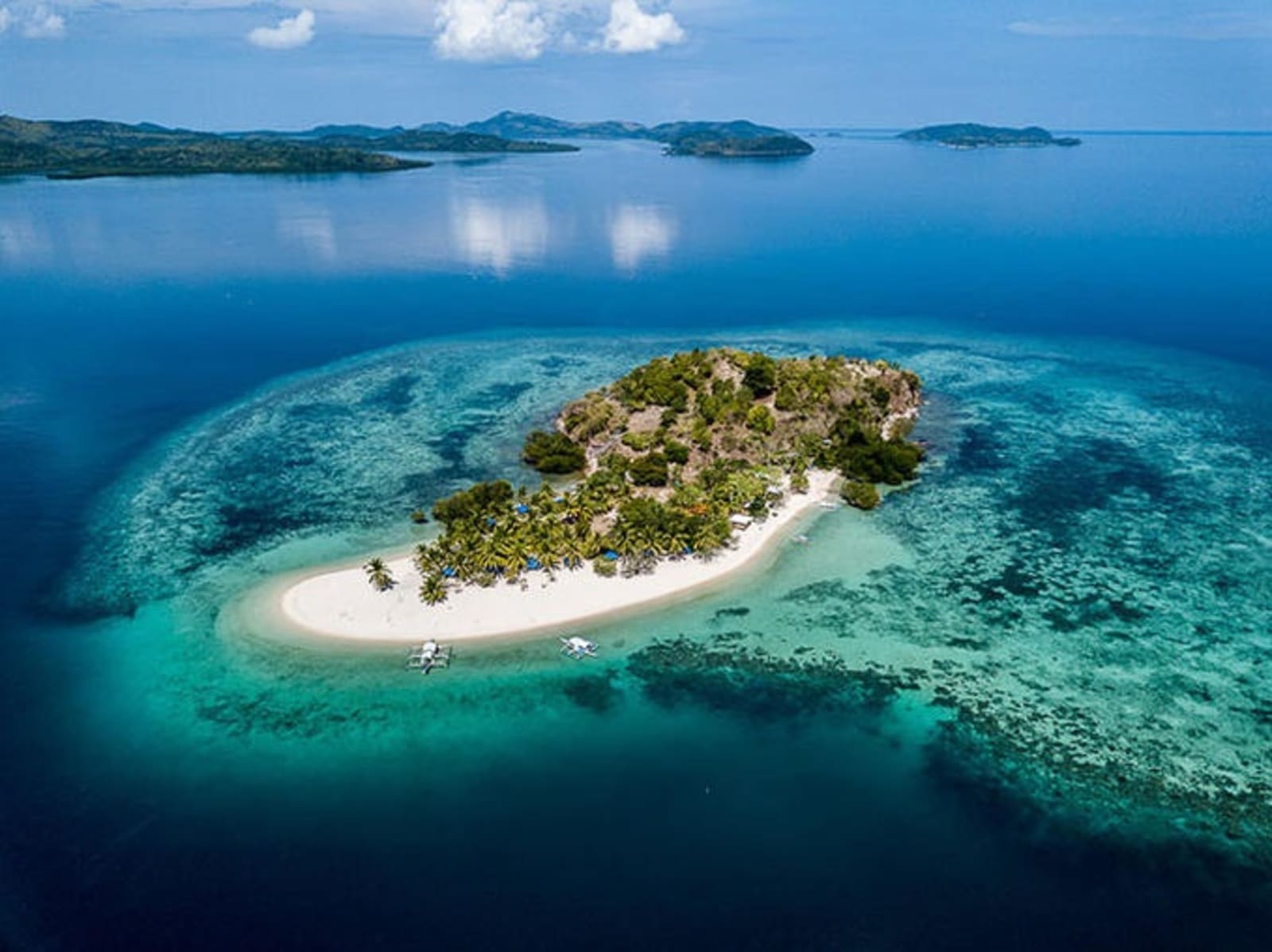


The Remote Islands
The Coron area is home to hundreds of islands. Many aren’t accessible; many more are far out from the main tourist areas and take longer to travel to. But it’s these isolated islands that provide the best tropical backdrop to a trip here. Two of the best remote islands are Pass Island and Black Island. These two spots lie far out from Coron Town, but it’s still possible to reach them on a long day trip. The journey is worth it too. Pass Island is pure white sand with tall palm trees surrounded by coral reefs, while Black Island has one of the softest beaches in Coron, towering, black, limestone cliffs and a shipwreck that’s in just a few metres of water off the coast.
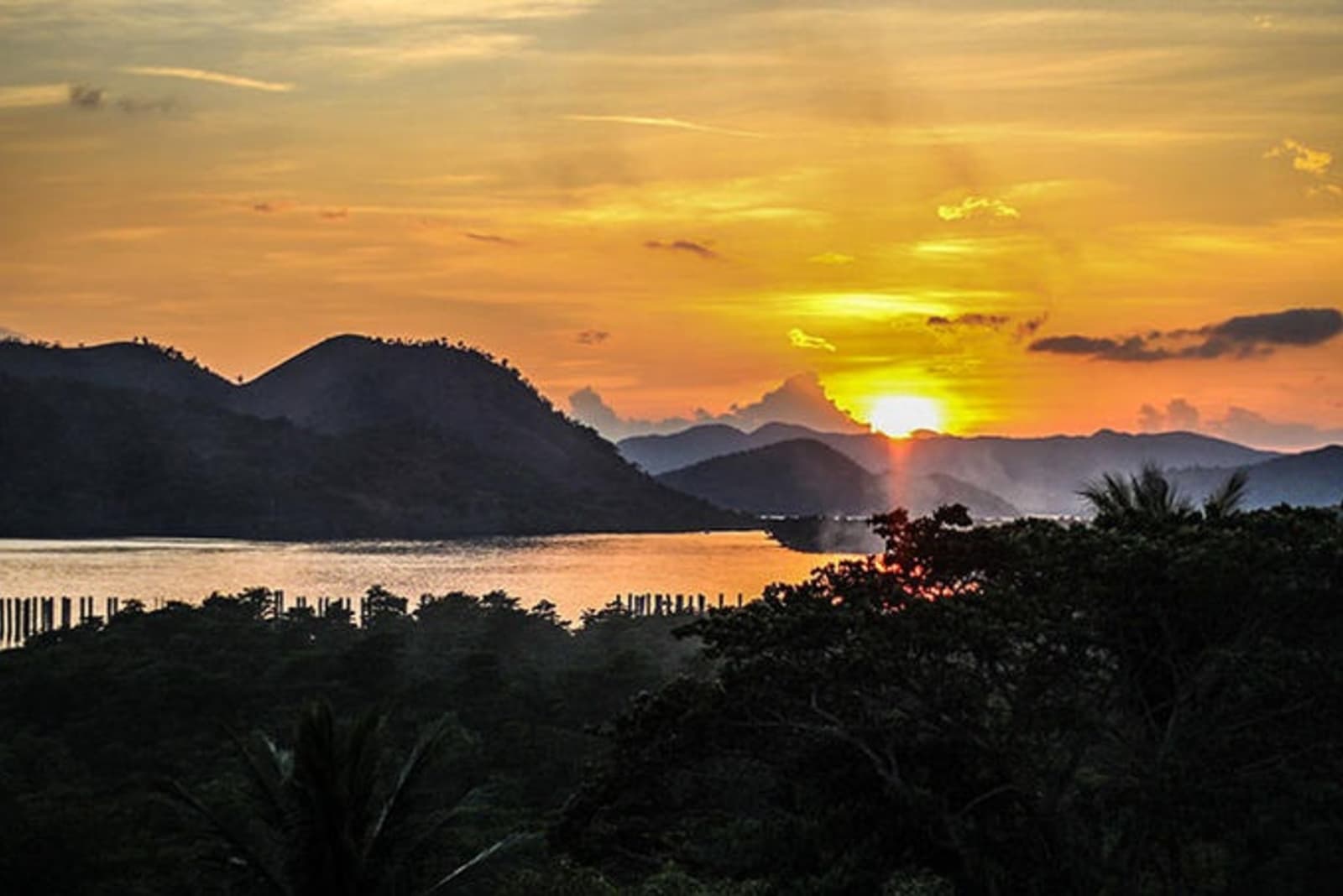


The Sunsets
Every evening in Coron the sun sets in a fiery display of natural colours. Even when it’s cloudy or rainy, the sun still seems to go down in a burst of flames. If you can, try and catch a sunset out on the islands, or head to one of the rooftop bars and restaurants in Coron Town to see it set over the ocean.
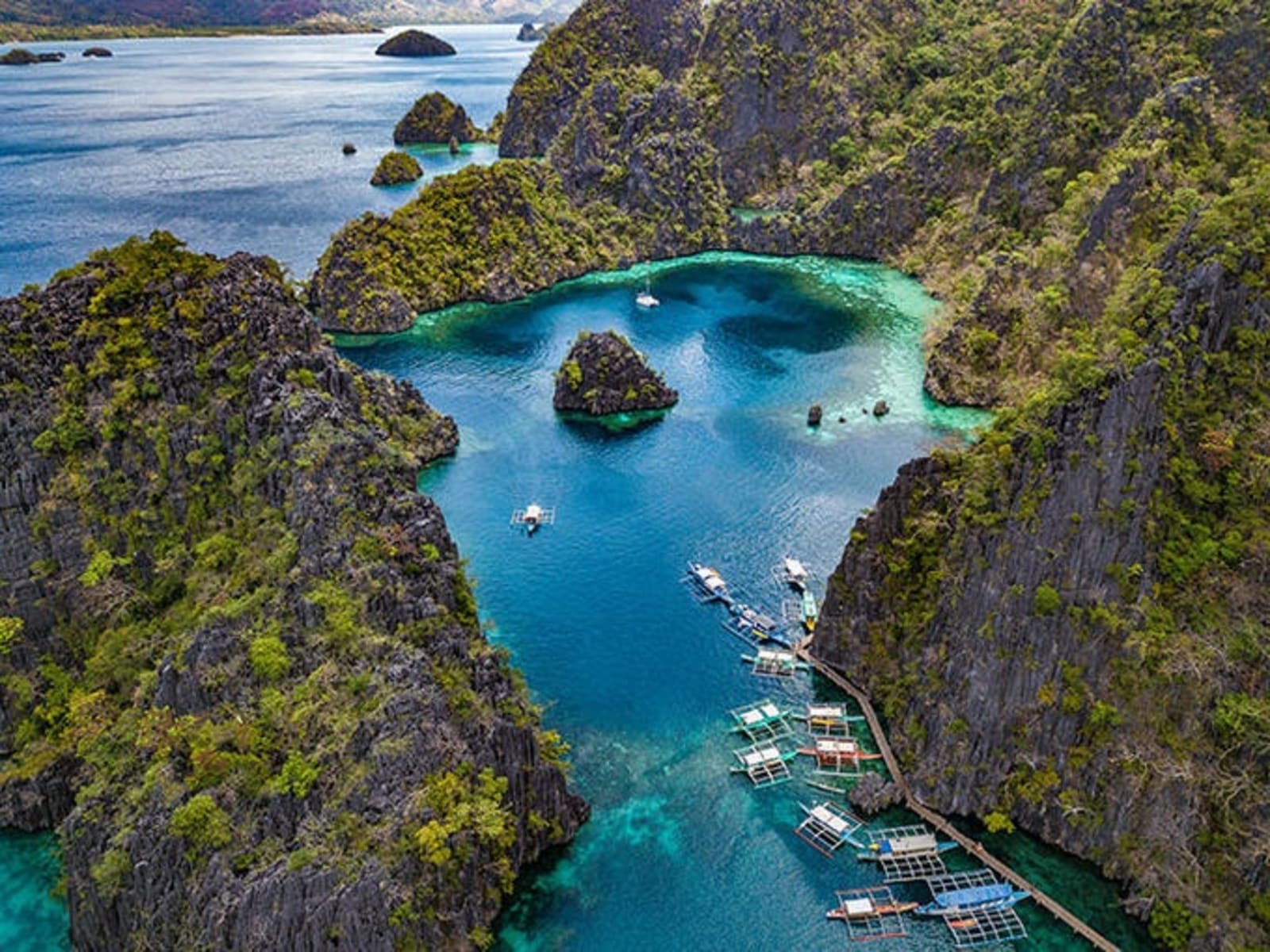


The Views
Coron is endless landscapes and there are many, many epic spots where the view is simply extraordinary. A firm favourite is the view from the top of Mount Tapyas. This is really more of a hill than a mountain, and there are a steep set of steps that lead from Coron Town to the summit, where you can see the giant, Hollywood-style Coron sign, and enjoy a view that stretches for miles and miles out across the surrounding islands.
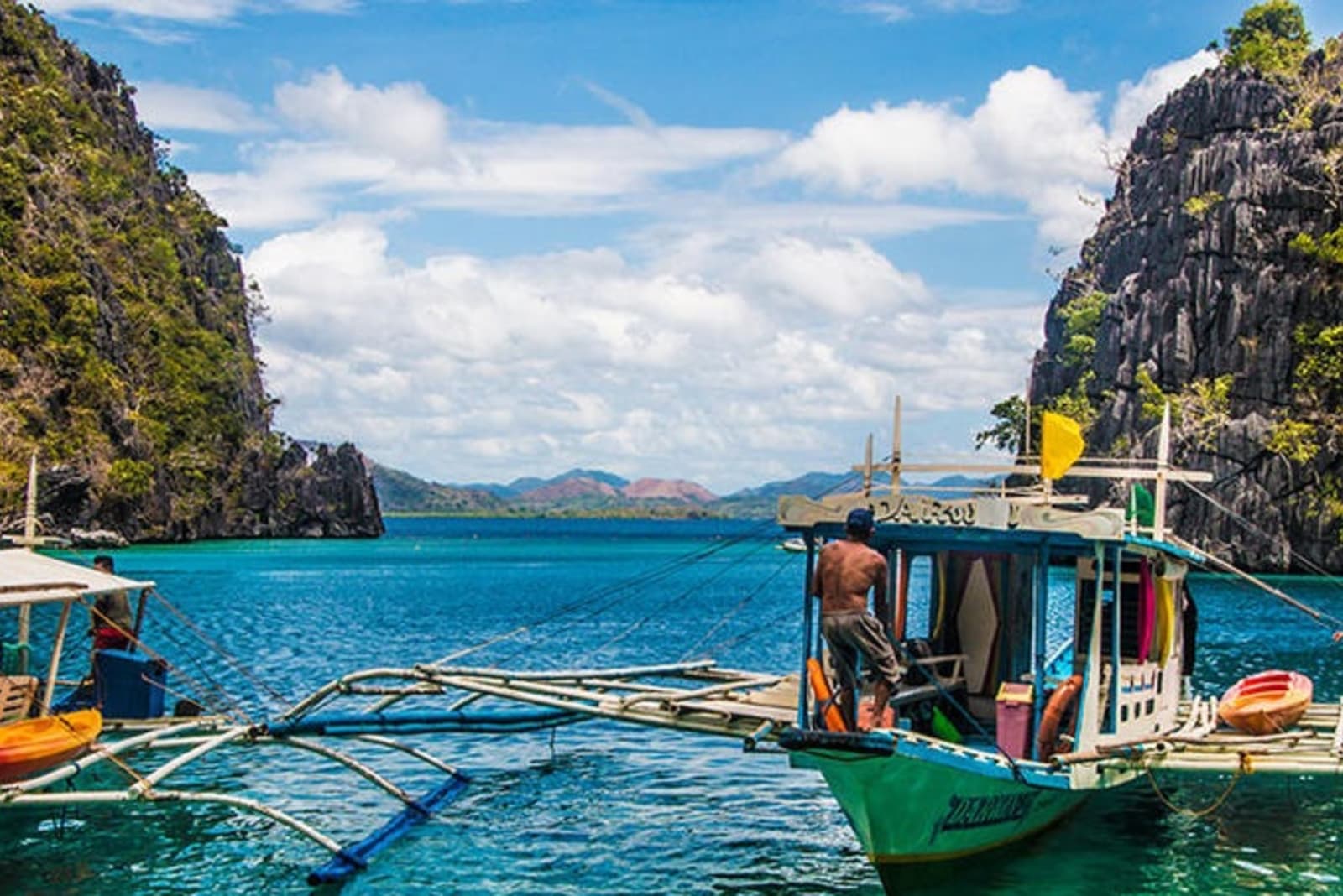


The Locals
The real locals of Coron are an often overlooked part of the community when it comes to interactions with tourists. The local Tagbanua people are indigenous to the islands, and are some of the first people to have ever settled the Philippines thousands of years ago. They are the traditional owners of the lakes, beaches and islands, and they are the ones that look after this beautiful landscape and keep it clean and safe. However, the Tagbanua are in danger of missing out on the tourism boom here, as they are under pressure to open up more of their islands while at the same time they own few of the tourism initiatives. When you are in Coron, it’s possible to learn more about their culture and customs and to even spend a few nights in remote island villages. They are a unique people and when visiting their land, it’s great to find out more about the real locals of Coron.
Chat to a Travel Expert about our holidays to the Philippines.


